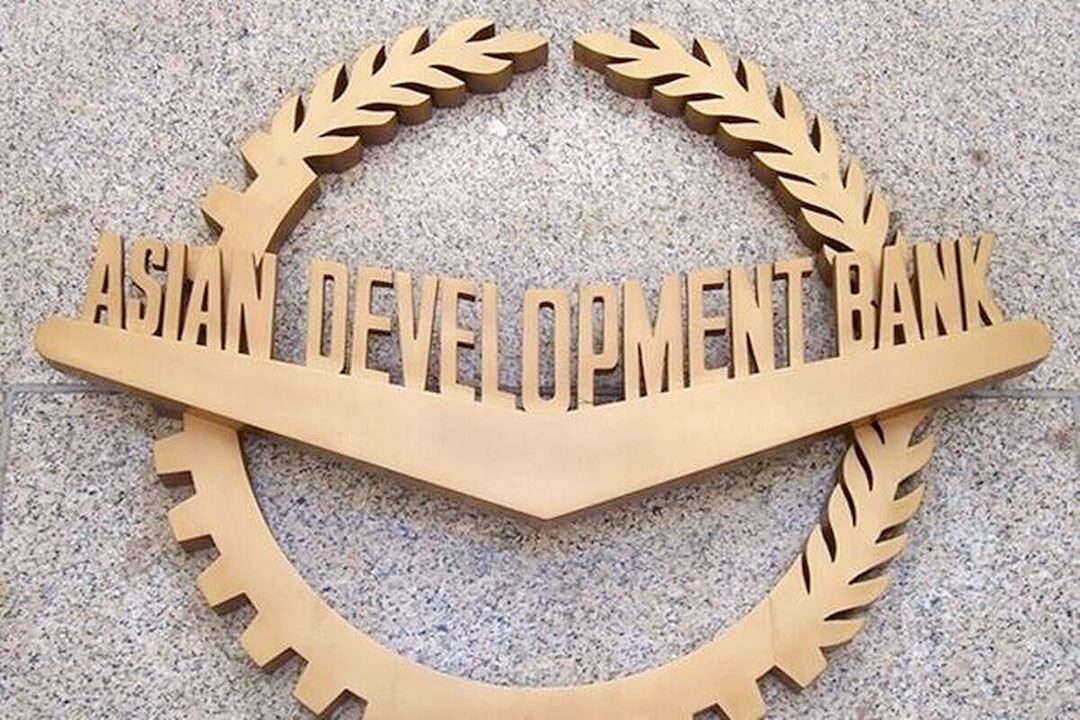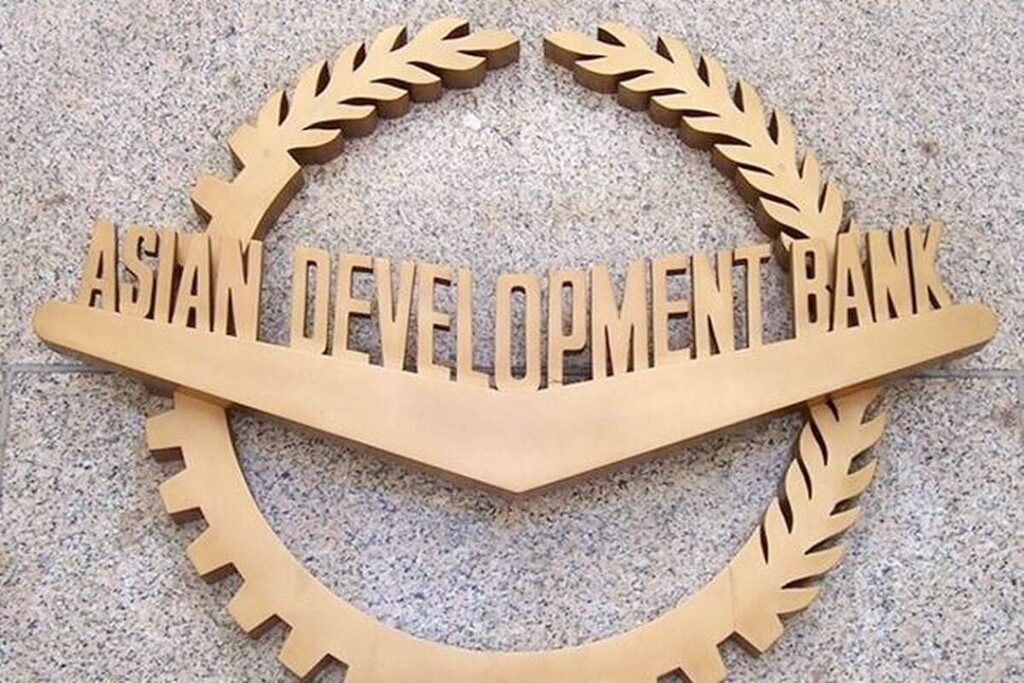ADB launches its Environment Action Plan 2024–2030


DHAKA, Nov 26, 2024 (BSS) – The Asian Development Bank (ADB) has launched its Environment Action Plan 2024–2030 presenting a road map for addressing the impacts of the triple planetary crisis of biodiversity loss, pollution, and climate change in Asia and the Pacific.
Under the plan, ADB aims to expand the scale and scope of nature-positive investments and mainstream environment into relevant operations and investments, while working to conserve the environment and nature as a vehicle for economic growth and improved livelihoods.
The plan has three linked pillars: biodiversity and ecosystem management, pollution control and circular economy, and nature-based climate solutions, said an ADB press release.
It aligns with ADB’s broader commitment to supporting the Sustainable Development Goals, the Paris Agreement, and the Kunming–Montreal Global Biodiversity Framework.
“The Environment Action Plan reflects ADB’s commitment to helping guide its developing member countries toward a sustainable, resilient future,” said ADB Director of Environment Yoko Watanabe.
“With nearly half of the region’s economy dependent on nature, protecting ecosystems is not only an environmental imperative but also a pathway to sustainable development and improved livelihoods of local communities and vulnerable populations in the region.” added Watanabe.
It is estimated that $18 trillion, or over 53% of Asia and the Pacific’s economy, is directly dependent on products and services provided by biodiversity and nature.
Furthermore, nature-positive business models could unlock $4 trillion annually while creating 232 million jobs in Asia and the Pacific by 2030.
The Environment Action Plan outlines a range of activities. At the upstream level, ADB will focus on improving environmental diagnostics and integrating environmental priorities into country partnership strategies.
At midstream, it will support policy measures to foster an enabling environment and build a pipeline of projects that support environmental goals.
Downstream, ADB will conduct assessments, implement projects, and engage the public and private sectors in creating sustainable outcomes through strong stakeholder engagement.
Protection and restoration of healthy ecosystems is key to solving climate mitigation and adaptation and the planetary emergencies. Healthy ecosystems, particularly forests and oceans, provide valuable services to the economy and society in addressing climate change.
The action plan will support ADB’s position as the region’s climate bank and contribute to its commitment to reaching more than $100 billion in cumulative climate finance, for both mitigation and adaptation, from 2019 to 2030.
ADB is committed to achieving a prosperous, inclusive, resilient, and sustainable Asia and the Pacific while sustaining its efforts to eradicate extreme poverty. Established in 1966, it is owned by 69 members—49 from the region.

